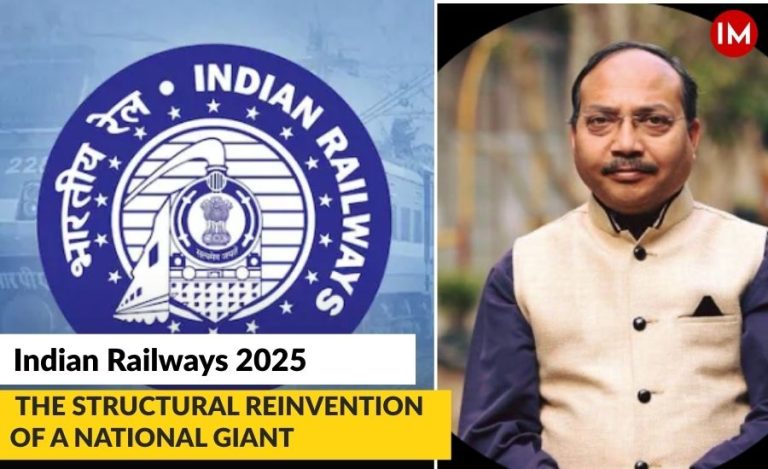The sweltering heat of Bundelkhand once stood as a grim reminder of the region’s unrelenting water scarcity. Women trudged miles daily, balancing heavy pots of water on their heads, their hairline receding from the burden of the task. Fast forward to today, these same villages echo a different story—a story of transformation driven by one man’s vision. Anurag Srivastava, a 1992-batch IAS officer and the Additional Chief Secretary of NamamiGange and Rural Water Supply Department, has achieved a feat few could dream of: a solar-powered revolution in Uttar Pradesh’s water supply systems. His groundbreaking work has earned him the prestigious Prime Minister’s Award for Excellence in Public Administration for 2023 in the “Innovation State” category.
THE GAME CHANGER
At the heart of Srivastava’s achievement lies the innovative integration of solar energy into the Jal Jeevan Mission, a national initiative aimed at ensuring safe and adequate drinking water for rural households. Under his leadership, Uttar Pradesh emerged as the country’s trailblazer in utilizing solar power for water supply systems. Out of the state’s 41,539 projects under the mission, an impressive 33,157 are now solar-powered. This massive scale of solar integration not only generates 900 megawatts of electricity daily but also reduces operational costs by over 50%.
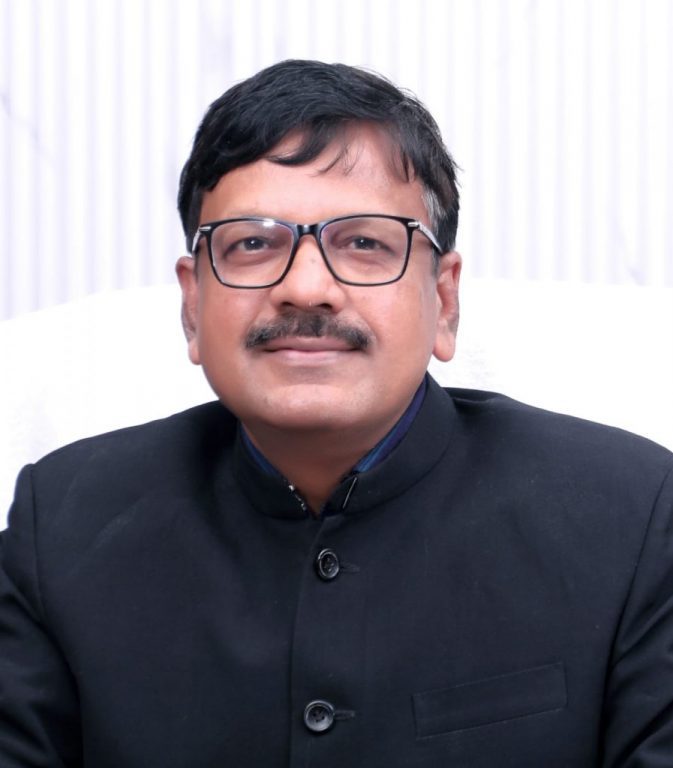
Srivastava’s initiative significantly alleviates the financial burden on rural water projects by eliminating dependency on conventional electricity. The cost-saving benefits extend beyond operations: these systems, with their 30-year lifespan, promise an estimated savings of Rs 1 lakh crore and reduce carbon emissions by 13 lakh metric tons annually. “Sustainability isn’t just a goal; it’s the foundation of every decision we make. Solar power allows us to build resilient communities while preserving our environment for future generations,” Srivastava explained.
THE ‘SWACHH SUJAL GAON’ MODEL
One of the most striking showcases of this revolution is the ‘Swachh Sujal Gaon’, a model village set up at the Prayagraj Kumbh Mela. Designed with the theme “Piped Water, My Village’s New Identity,” it exemplifies how solar-powered water supply systems have transformed even the parched lands of Bundelkhand into hubs of sustainable living. Visitors at the mela marveled at the model, which illustrated how technology-driven solutions have alleviated the plight of women who once spent hours fetching water. The exhibit—available in multiple languages including Hindi, English, Bengali, Telugu, and Marathi—showed how Uttar Pradesh has leveraged solar energy to create a ripple effect of development and empowerment.
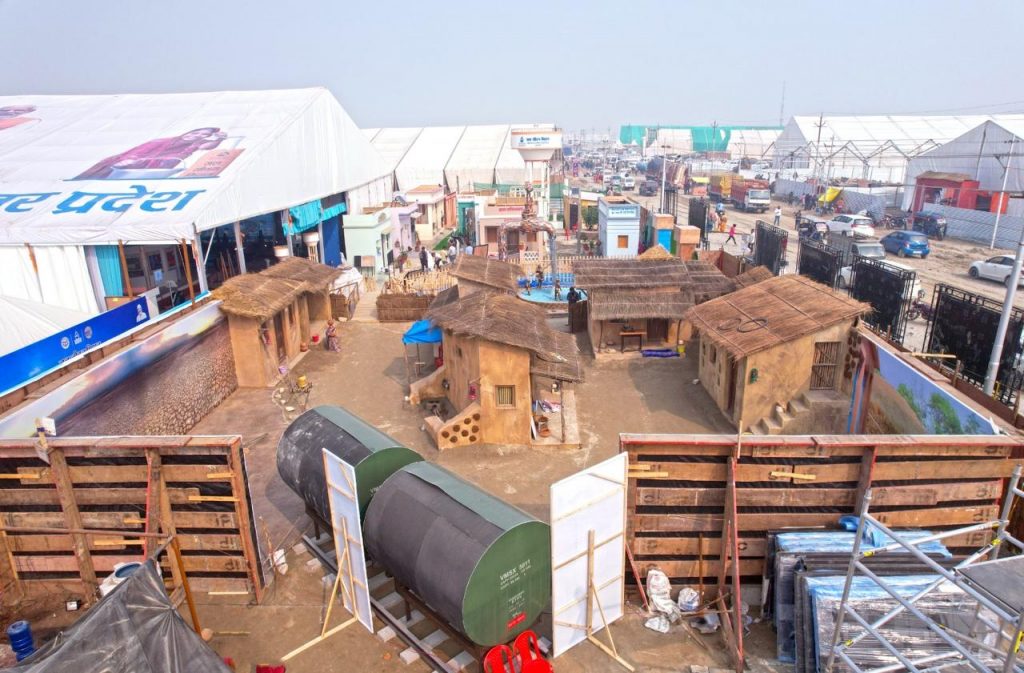
EMPOWERING RURAL COMMUNITIES
A significant component of this project’s success is its focus on community involvement. Over 12.5 lakh individuals in rural areas have been trained to operate and maintain solar-powered water systems, ensuring that the knowledge and tools remain within the community. This engagement fosters not just technical skill development but also a sense of ownership, further cementing the project’s long-term sustainability.
“Innovation isn’t just about technology; it’s about empowering people. When a community takes charge, the change becomes permanent,” Srivastava told to a media platform
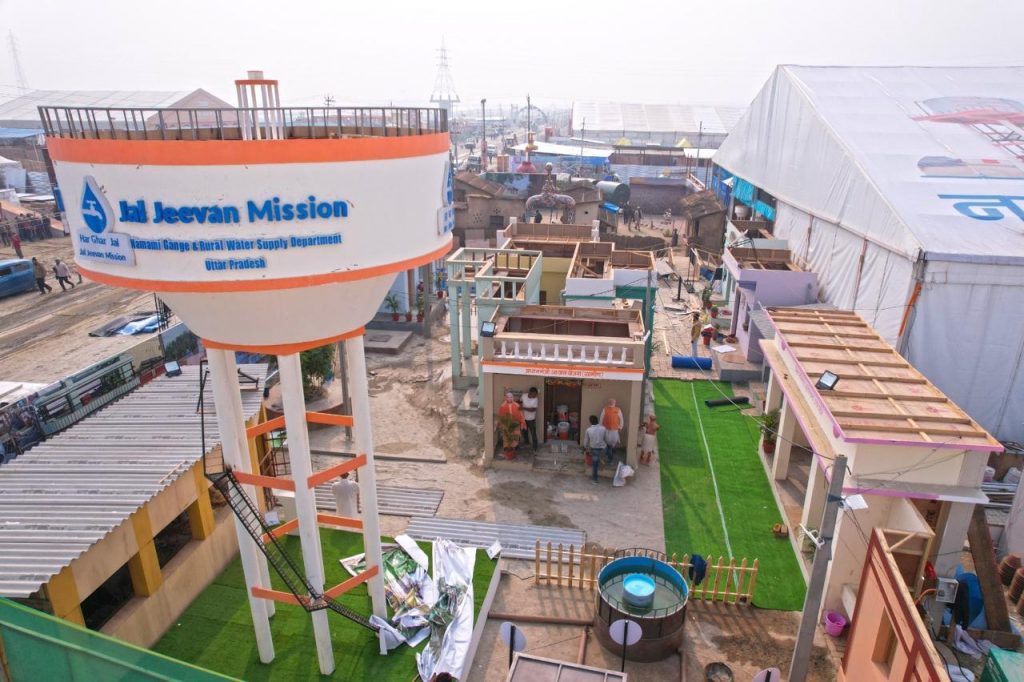
RECOGNITION
The recognition of Srivastava’s work came after a rigorous five-stage evaluation process conducted by the Union Ministry of Personnel. This included on-site project inspections, feedback analysis from call centers, and scrutiny by a committee led by the Cabinet Secretary. The final approval came directly from the Prime Minister, underscoring the exceptional impact of his initiatives.
Srivastava’s illustrious career spans over three decades, during which he has served as District Magistrate in 10 districts and held pivotal roles in the Ministries of Information and Broadcasting and AYUSH. A civil engineering graduate from IIT with both BTech and MTech degrees, his academic and professional acumen has consistently translated into impactful governance.
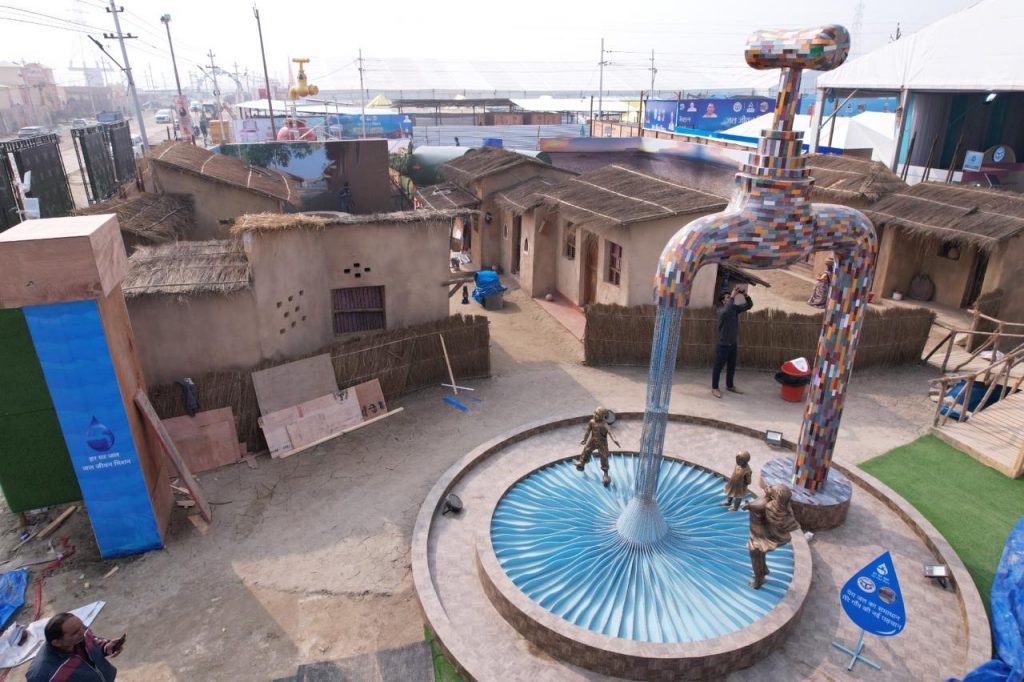
A SUSTAINABLE FUTURE
As Uttar Pradesh continues to lead the nation in solar-powered water initiatives, the long-term implications of Srivastava’s work are monumental. Beyond the immediate benefits of cost reduction and reliable water supply, the environmental gains and enhanced quality of life in rural areas are a testament to what innovative public administration can achieve.




